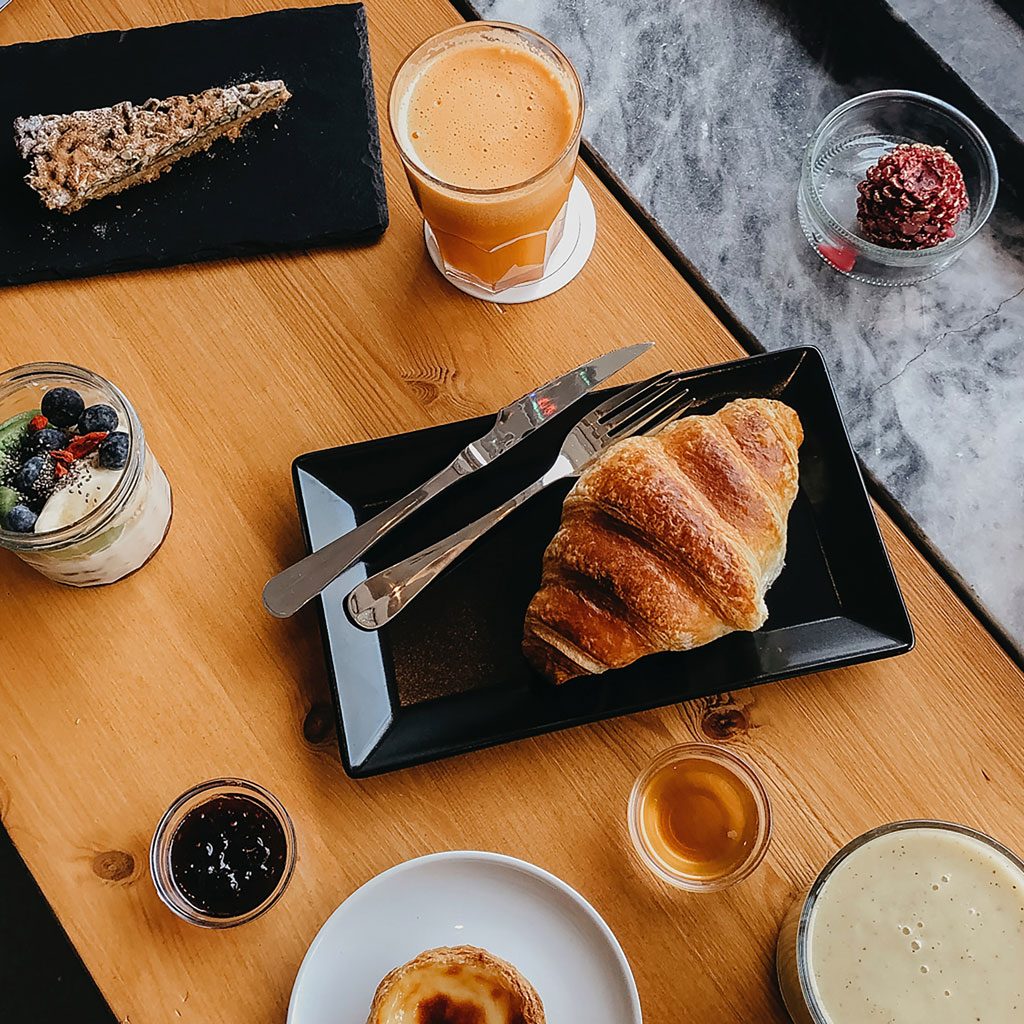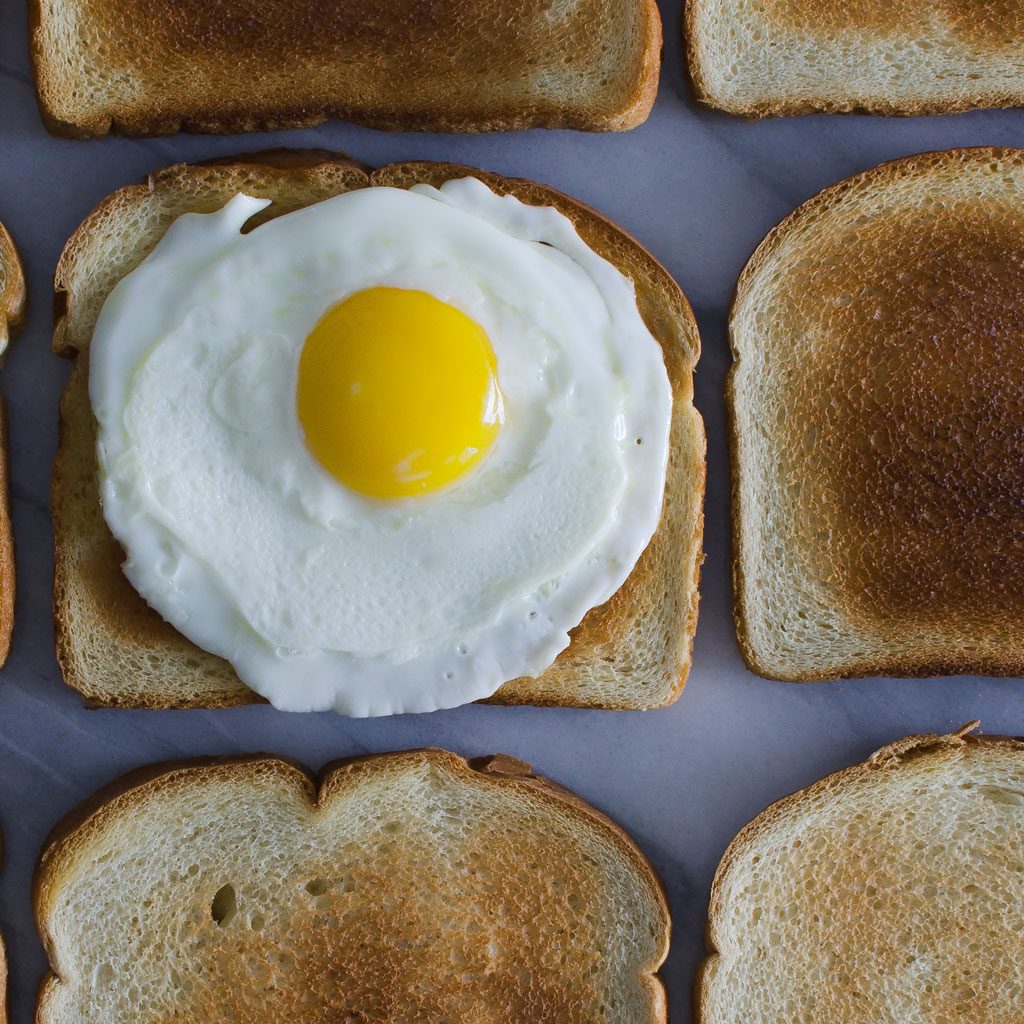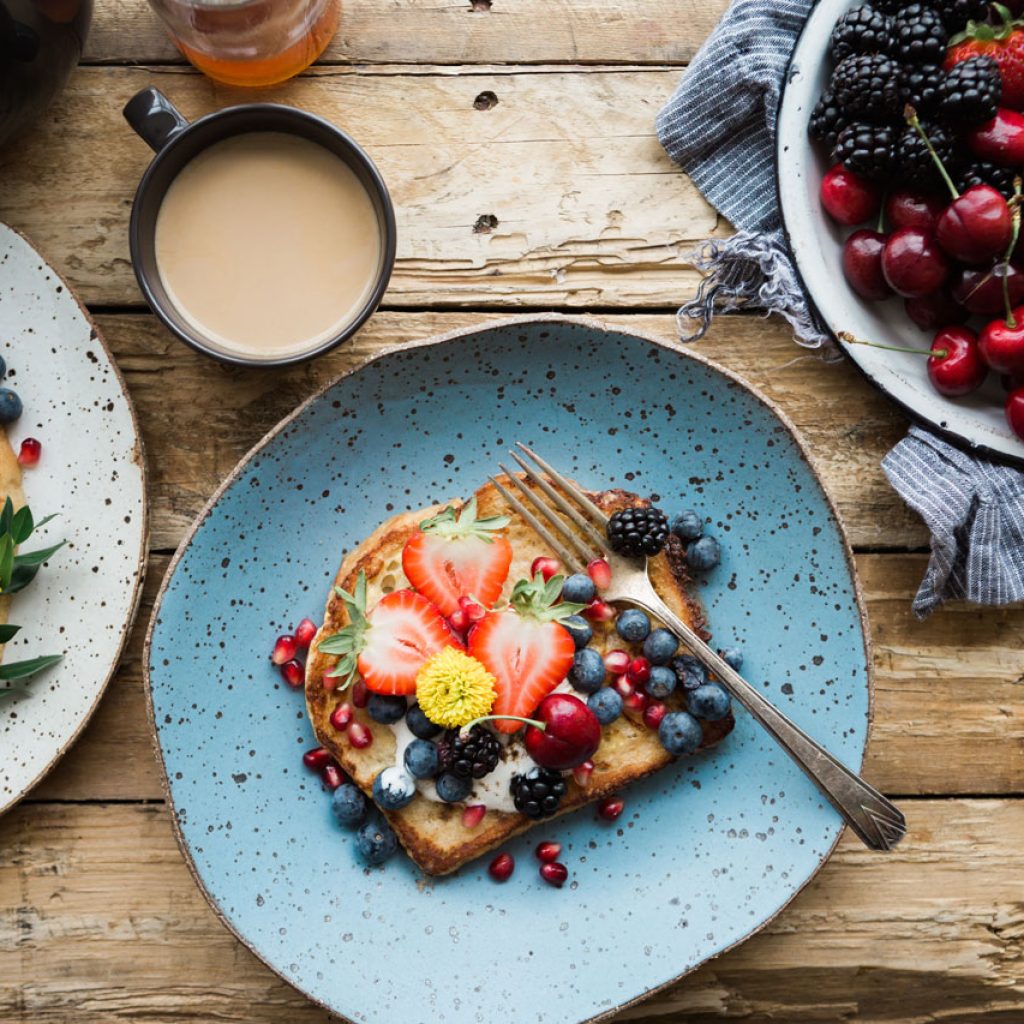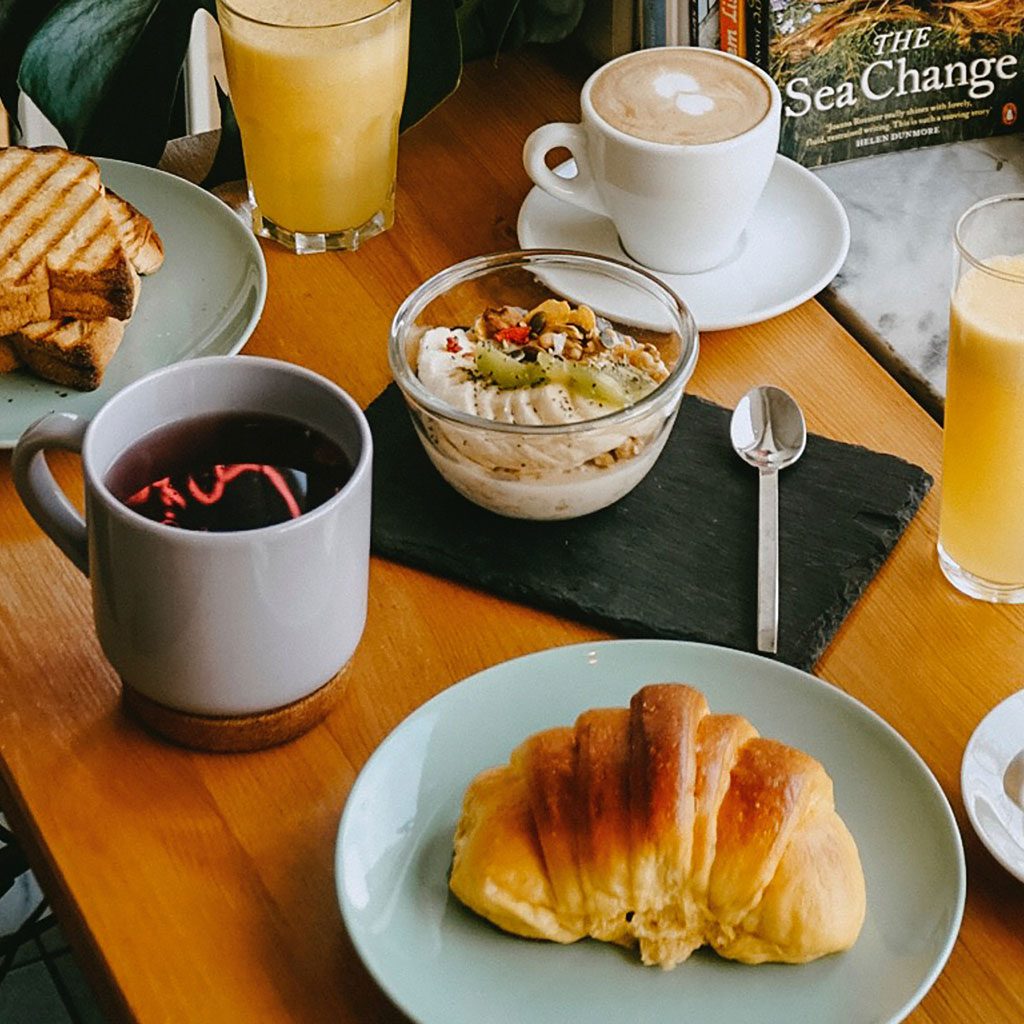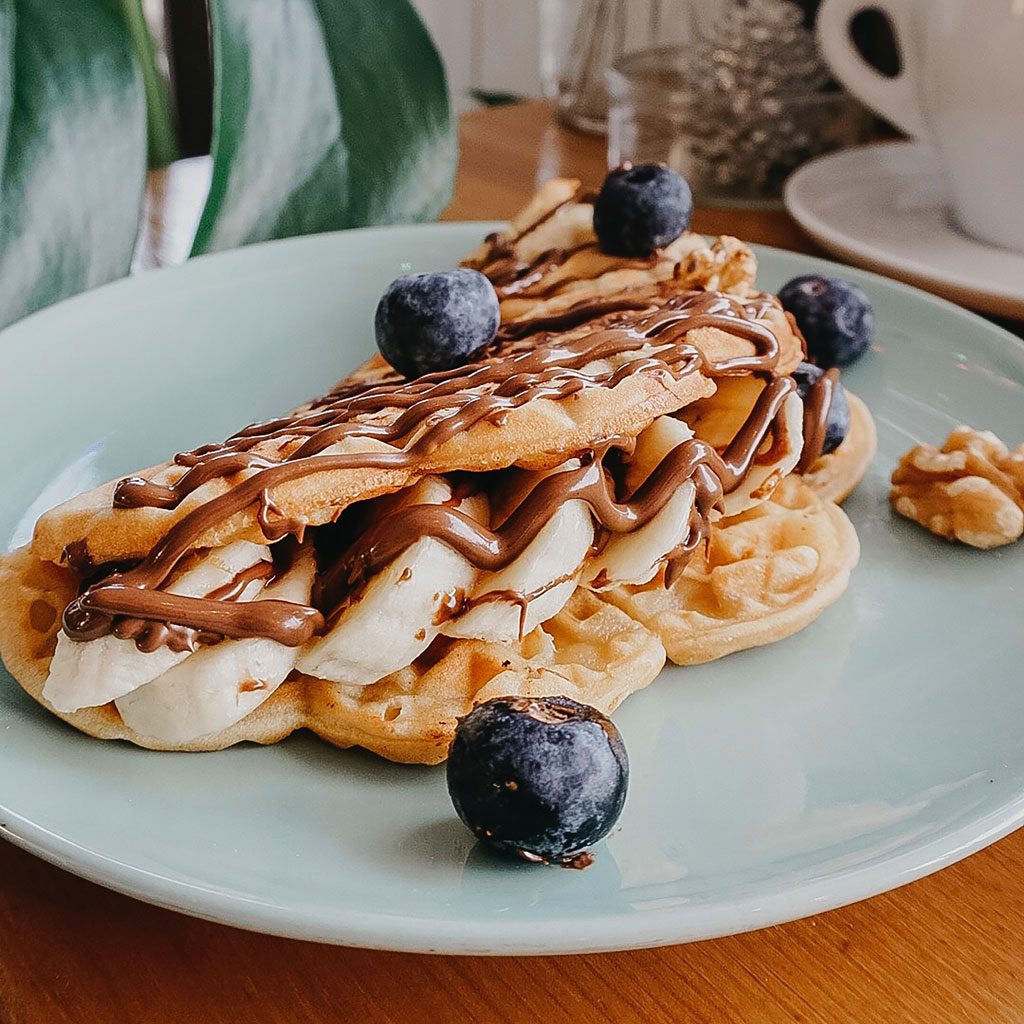Exploring the Chemistry Behind Gouda’s Creamy Texture
As a culinary school instructor with a background in biomedical research, I have always been fascinated by the science behind food. Gouda, a beloved cheese with its creamy texture and nutty flavor, is a perfect example of how chemistry plays a crucial role in our culinary creations. Join me on a journey to uncover the secrets behind Gouda’s delectable qualities. From the selection of ingredients to the aging process, every step contributes to the unique characteristics of this iconic cheese.
Ingredients
- 2 gallons of whole cow’s milk
- 1/4 teaspoon of mesophilic culture
- 1/2 teaspoon of liquid calcium chloride (optional, for pasteurized milk)
- 1/4 teaspoon of liquid rennet
- Cheese salt
Instructions
- Heat the milk to 86°F, then add the mesophilic culture and calcium chloride. Let it sit for 45 minutes to ripen.
- Add the rennet and stir gently in an up and down motion. Cover and let it sit for 45 minutes until a clean break forms.
- Cut the curds into small pieces and let them rest for 5 minutes.
- Slowly heat the curds to 130°F over 30 minutes, stirring occasionally.
- Drain the whey, then place the curds in a cheese mold, pressing lightly. Let it drain for 15 minutes, then flip and press for another 12 hours.
- Remove from the mold, brine the cheese for 12 hours, then age at 50-55°F for several months, flipping weekly.
Nutritional Information
- Per serving: Net Carbs – 1g, Fats – 7g, Protein – 6g
Cooking Tips and Tricks
- For a richer flavor, try using raw milk instead of pasteurized milk, while still taking the necessary safety precautions.
- Adjust the aging time to customize the sharpness of the cheese to your preference.
Historical Insight
Gouda cheese originated in the Netherlands, with its name derived from the city of Gouda where it was historically traded. The traditional cheese-making techniques have been passed down through generations, resulting in the creamy and slightly sweet flavor profile we know today.
Conclusion
Experiment with making your own Gouda cheese and discover the joy of creating a timeless classic in your own kitchen. Don’t be afraid to tweak the recipe to suit your taste preferences and dietary needs. I would love to hear about your experiences with this recipe and any questions you may have for future culinary explorations. Happy cheesemaking!


